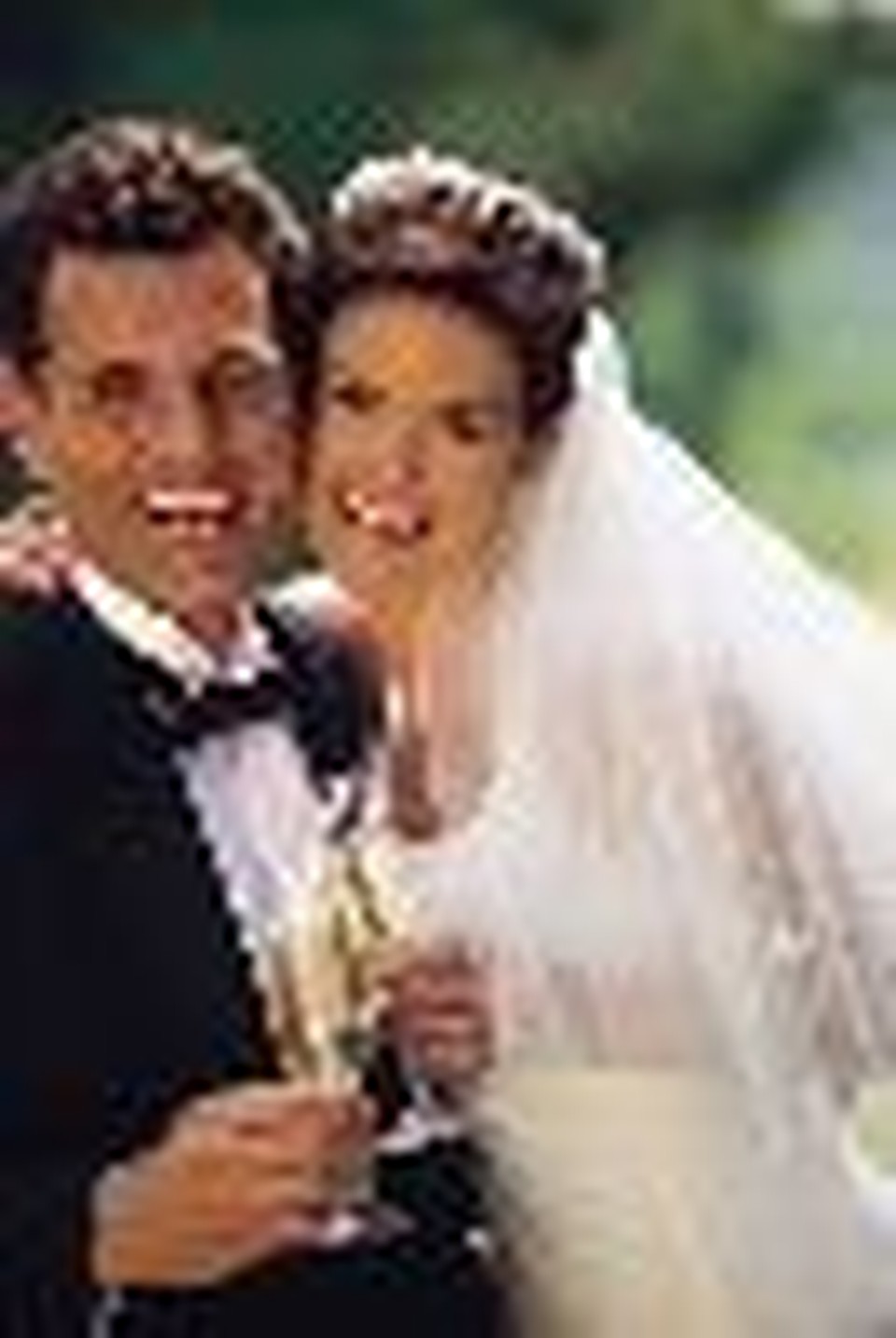Style Over Substance in Marriage

The bride wore a white gown, a veil demurely covering her face. The groom slipped a ring on the bride's finger. After a lavish reception, the newlyweds flew off on their honeymoon.
It was a lovely ceremony—so why did my assistant think that everything seemed so hollow? Perhaps because, from start to finish, the ceremony was an exercise in meaningless rituals—a celebration of style over substance.
For example, the white wedding gown symbolizes the purity of the bride. And yet, my colleague knew that this bride and groom had lived together for three years.
The ceremony took place in a church, even though the two were agnostics. When the minister invited the groom to kiss the bride, everybody laughed. They all knew he'd already slept with her, so it seemed silly for someone to be giving him permission to kiss her.
The couple promised to stay married "'til death do us part." But just in case, they had signed a binding pre-nuptial agreement. As for the honeymoon—the traditional start of a couple's sex life—it was a case of "been there, done that."
Sadly, this façade is repeated all too often in our post-Christian culture. As Caitlin Flanagan writes in her comical new book, To Hell with All That, "There was a time when a wedding wasn't just a fancy party, when it commemorated an occasion of tremendous moment, as true ritual always has."
Given that the average wedding now costs about $30,000, you have to wonder why couples bother—especially if they are already cohabiting and have children. If they want to legalize their relationship, why not simply go down to the courthouse and skip the empty rituals?
For one thing, the $7 billion wedding industry would never allow it. But neither would the brides and grooms. Even as they empty their weddings of meaning, they long for what the traditional ceremony symbolizes.
Scripture tells us that God designed marriage as a physical, emotional, and spiritual union of one man and one woman—a union marked by fidelity and permanence. It's a definition of marriage the secular world has spent the better part of forty years trying to deconstruct. But when secular couples plan their weddings, they sense that something is missing. So they grasp at some sort of meaning—ironically, using the very symbols and rituals whose meanings they have rejected.
As Caitlin Flanagan puts it, a bride's "white gown and her flock of flower-bearing attendants" may be little more than a "frantic and terribly expensive effort to infuse a wedding with some small measure of the meaning it once had. One can't help thinking," she adds, "that they would trade every bit of it for one simple, elusive assurance: only death will part us."
Flanagan is right—which means the best gift you can give to unbelieving couples is an explanation of what's behind their desire to use so-called "outmoded" symbols. And then, give them a copy of Mike McManus's excellent book Marriage Savers before they wed so they will learn how to achieve their God-given goal: which is to live as a man and a wife "as long as they both shall live."
Copyright © 2005 Prison Fellowship
BreakPoint with Chuck Colson is a daily commentary on news and trends from a Christian perspective. Heard on more than 1000 radio outlets nationwide, BreakPoint transcripts are also available on the Internet. BreakPoint is a production of The Wilberforce Forum, a division of Prison Fellowship: 1856 Old Reston Avenue, Reston, VA 20190.
Originally published September 28, 2006.







